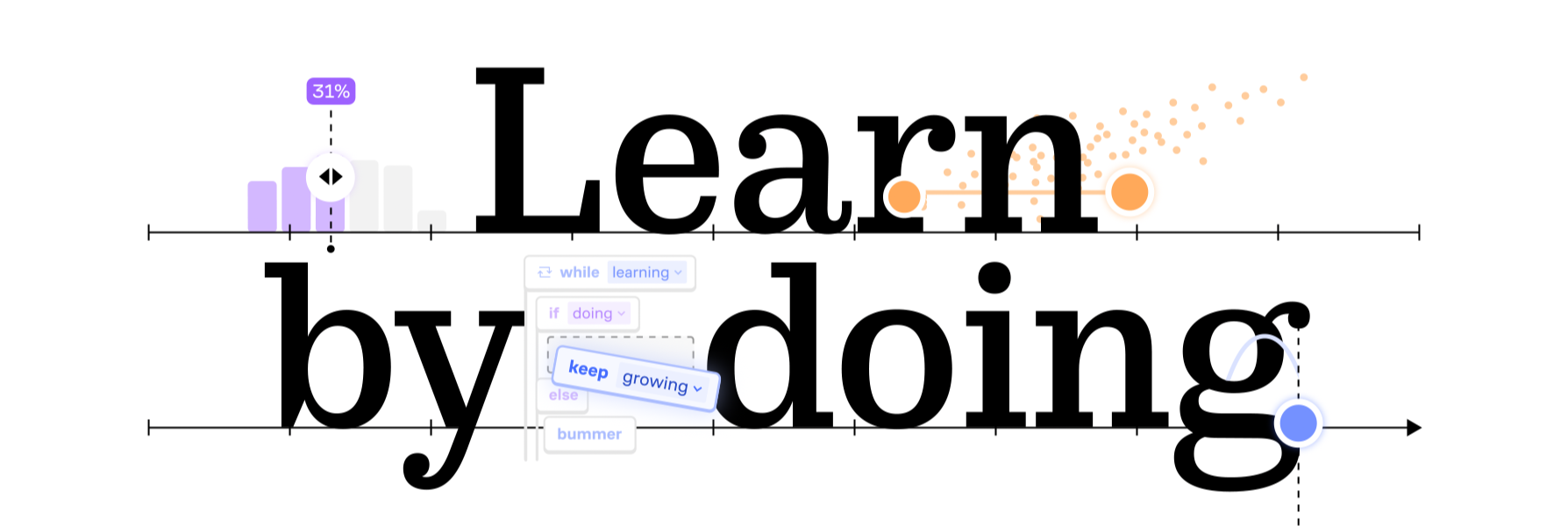
Join over 10 million learners worldwide
Over 50,000 5-star app reviews



Concepts
that click
Interactive lessons make even complex ideas easy to grasp. Instant, custom feedback accelerates your understanding.
Learn at
your level
Brush up on the basics or learn new skills. Designed for learners ages 13 to 113.
Stay
motivated
Finish every day smarter with engaging lessons, competitive features, and daily encouragement.
Guided bite-sized lessons
Stay on track, see your progress, and build your problem solving skills one concept at a time.
More effective.
More fun.
Brilliant’s interactive approach teaches you to think, not memorize.
Designed by experts
All of our courses are crafted by award-winning teachers and professionals from top institutions.
Guided paths for every journey
Math Courses
Solving Equations
Visual Algebra
Real World Algebra
Graphs and Functions
Geometry and Trigonometry
Vectors and Linear Algebra
Calculus